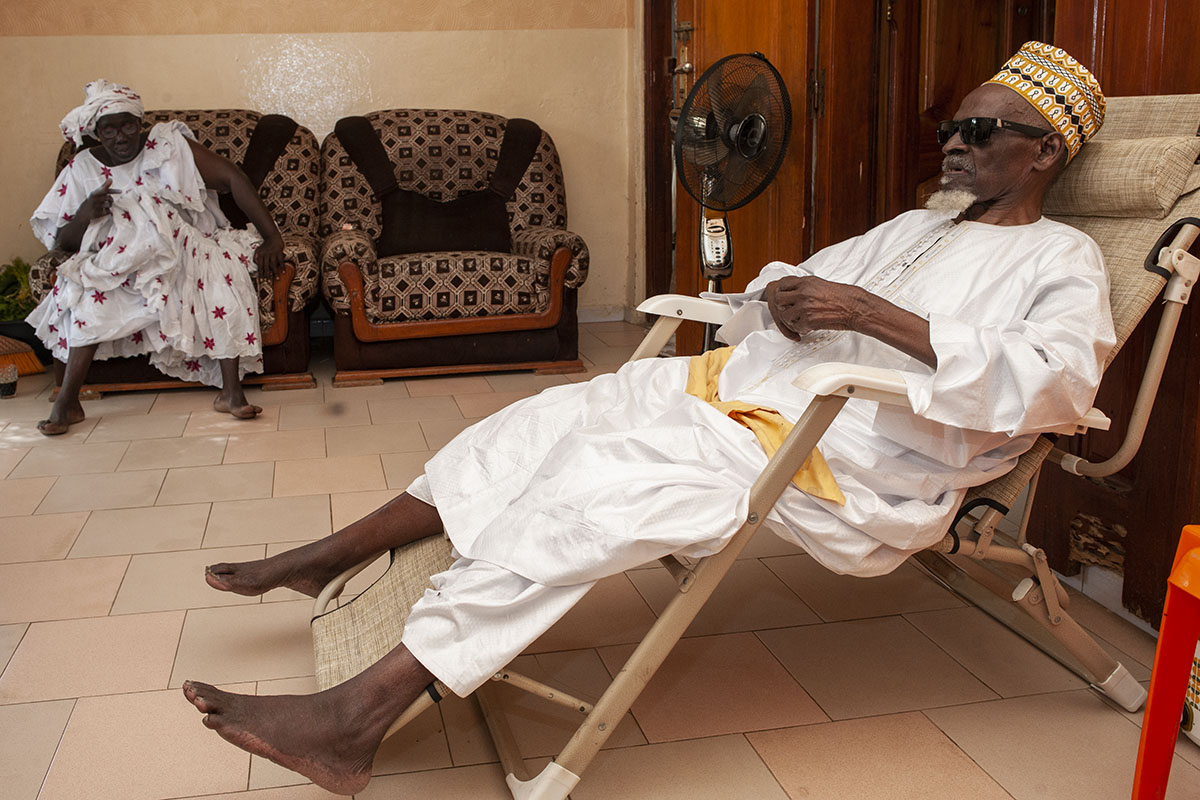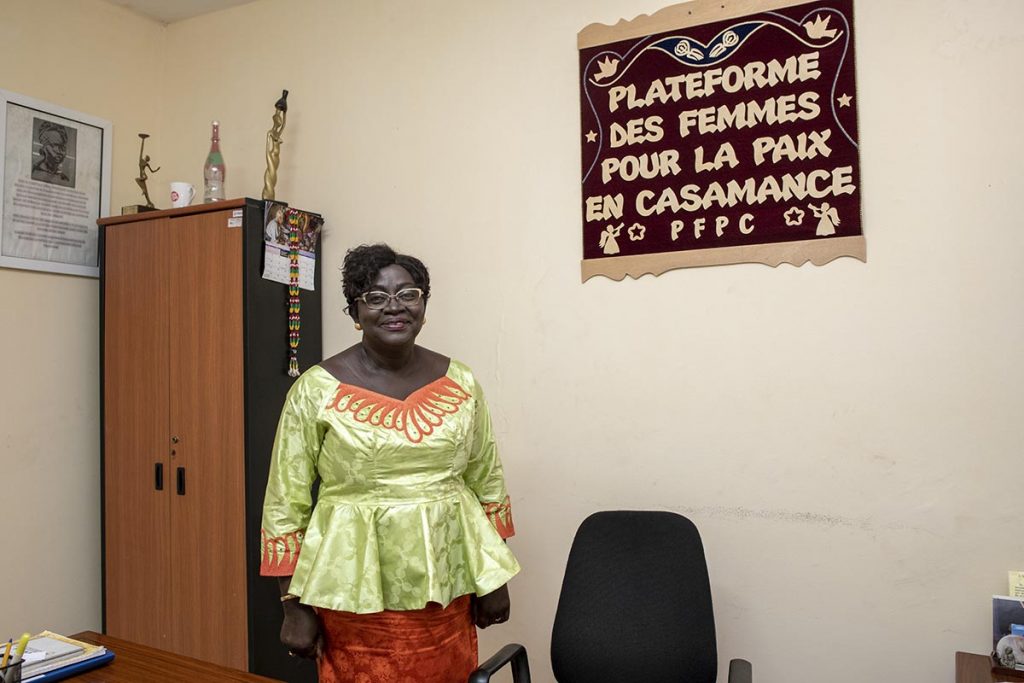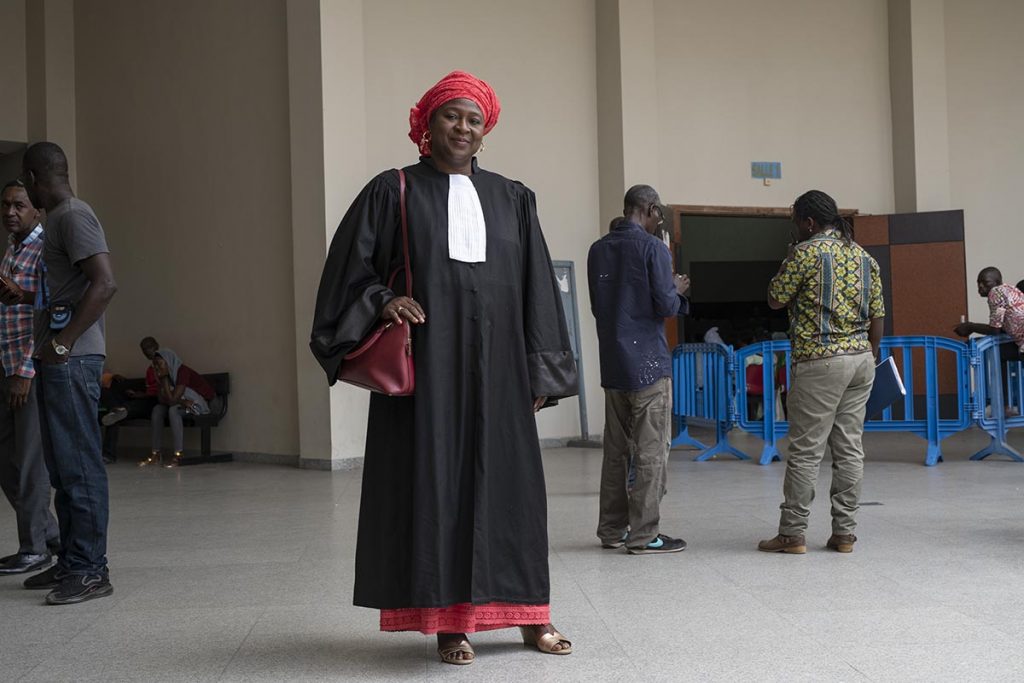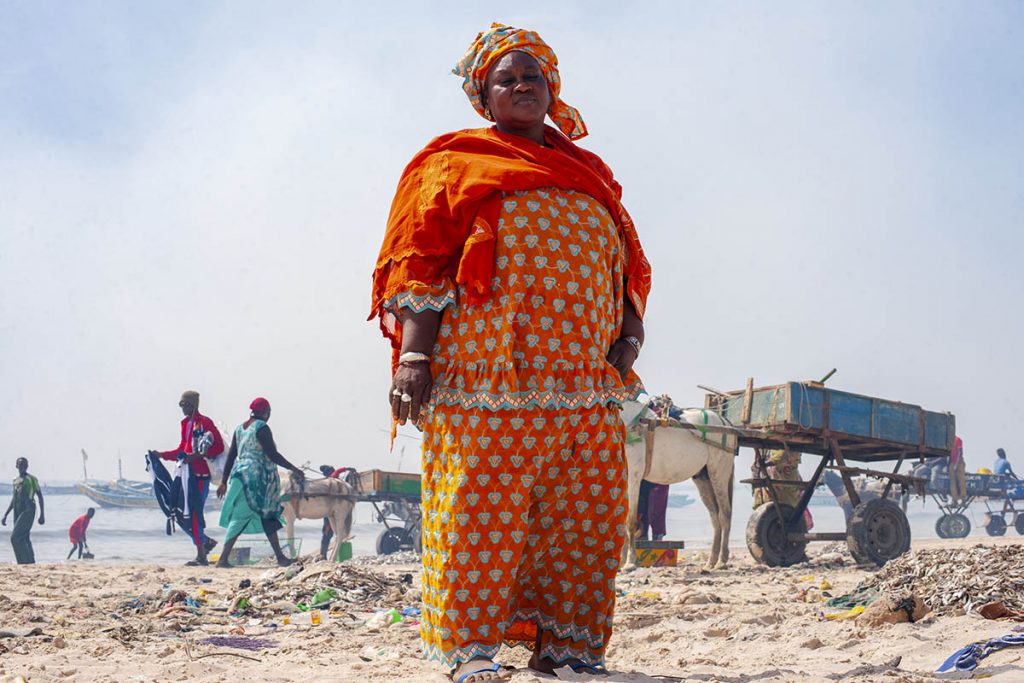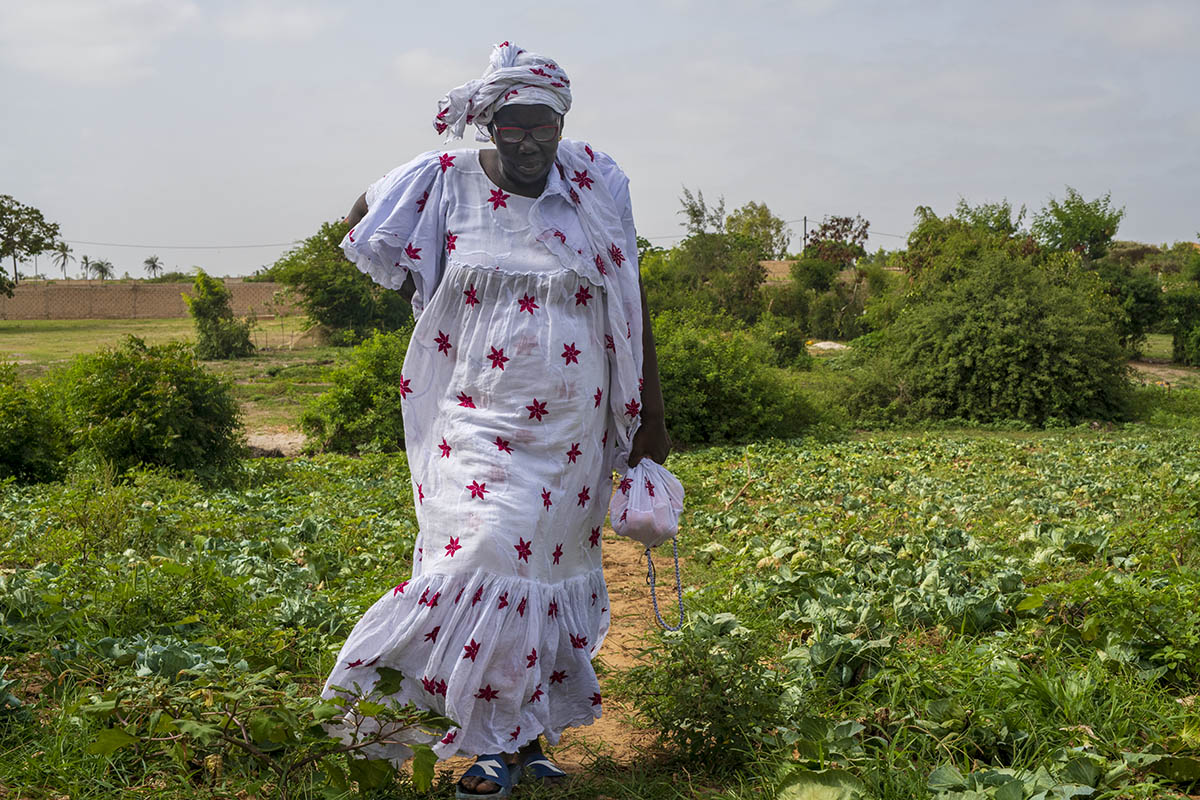
Of Lands and of Bravery
Giant in the politics of development in rural areas, proud farmer full of audacity, generous and nurturing, mother, relentless worker.
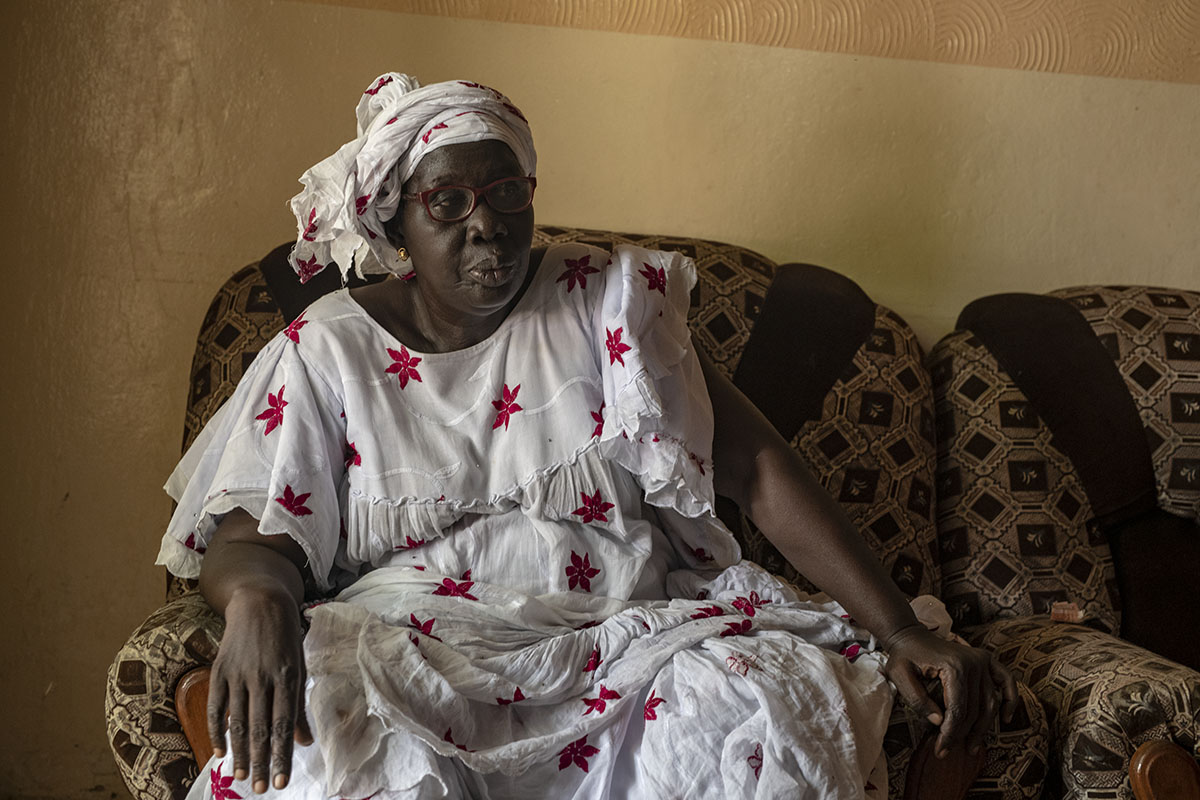
Tiné Ndoye was born in Rufisque, where she attended school up to 9th grade, Middle school, exam level. She trained in accounting, in Dakar and obtained a diploma in bookkeeping.
Then, while she was looking for a job, her father gave her in marriage to his nephew, a farmer in the village of Mbawane, located in the Niayes area.
She says: “I had to leave my accounting degree to be a farmer, leave the city and go to the bush, leave electricity for candlelight, leave taps to draw water from the well, leave gas to cook with firewood”…
Like the majority of women in the village, she would go to her husband’s fields and harvest the crops, bring him his meals and fetch wood. Her beginnings were difficult, but the example of other women encouraged her. “I have met braver women than myself in this village”.
But while the means of production were within the domain of men, polygamists, they could not insure the day-to-day expenses which were not enough for all their wives. The women had no other choice than to try and develop income generating activities.
But while the means of production were within the domain of men, polygamists, they could not insure the day-to-day expenses which were not enough for all their wives. The women had no other choice than to try and develop income generating activities.
Seeing the potential yields of this agricultural work, Tiné Ndoye tried to organize the women as a group. “We worked in groups, but we didn’t have fields.” It is in view of this situation that she began to raise awareness among men and women of the village on the need to allot them a piece of land.
The NGO Enda Pronat, which worked in the Niayes area to introduce farmers to agroecological production techniques that respect the environment and health care, coached them.
By dint of hard work, she gradually gained the trust of husbands who ceded plots to their wives. Other organizations, such as the Association of Senegalese Women Jurists, have come to raise awareness to help them assert their rights to land.
Finally, she was able to replace her husband when he became too old to cultivate his field. “I became an entrepreneur, progressively. I used to help my husband in the fields.” She knew how to seek and acquire the skills necessary to make her business grow.
After setting up the first group, a member of the Federation of Agro Pastoralists
of Diender, she became president of the National Network of Rural Women (RNFR/S) which is composed of 33 cities within the Senegalese territory. Through this network, she travelled in Senegal to defend women’s access to land. “Islam has not stated that women should not have access to land, but it did state that when the father or husband passed away, then everything he leaves behind must be shared as follows: when the man has two shares, the woman has one share”.
Tiné Ndoye is also a member of the Economic, Social and Environmental Council.
“I went to India, Germany, Spain, America, all to defend agriculture, which is a difficult job, but a source of life, to feed our families.”
